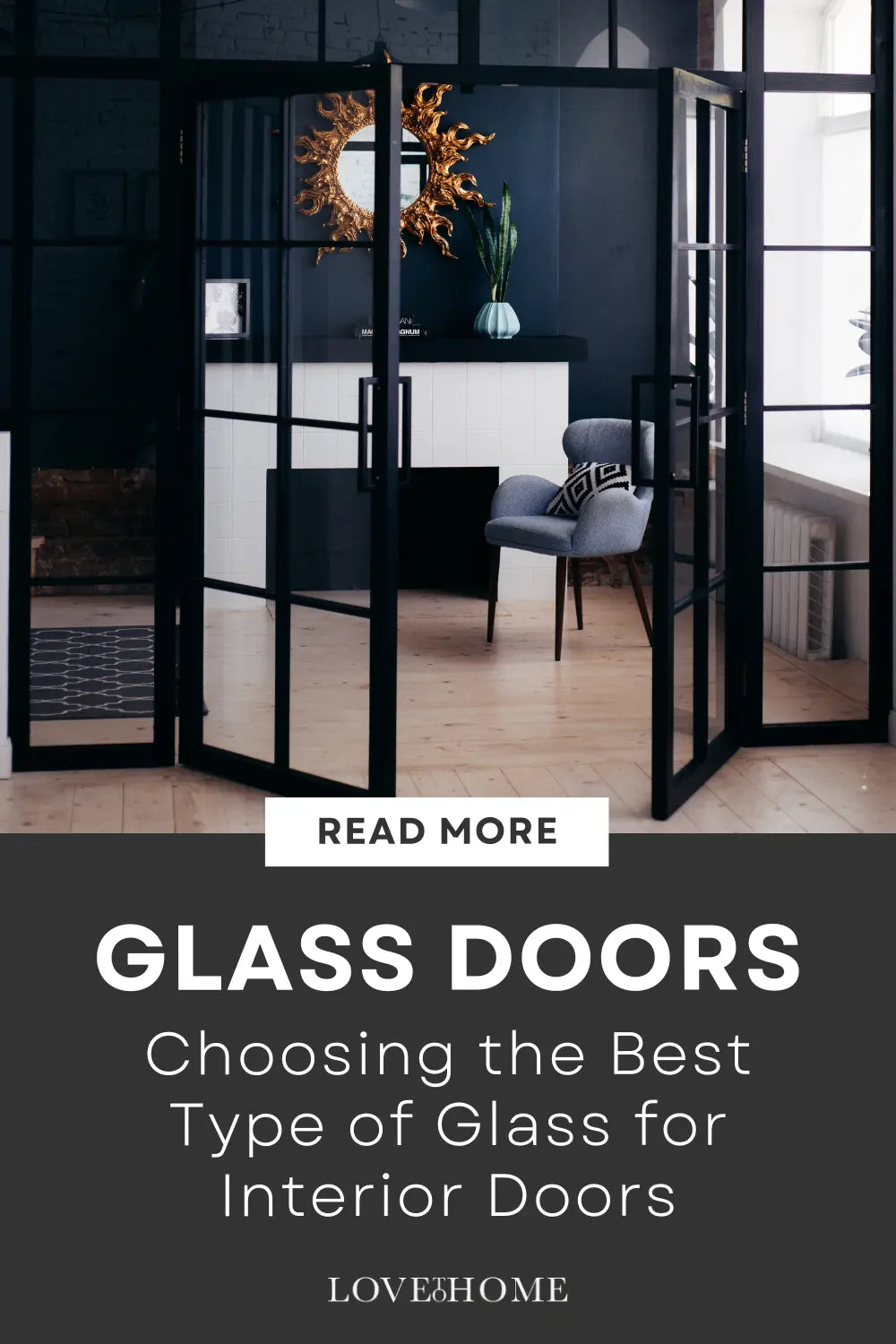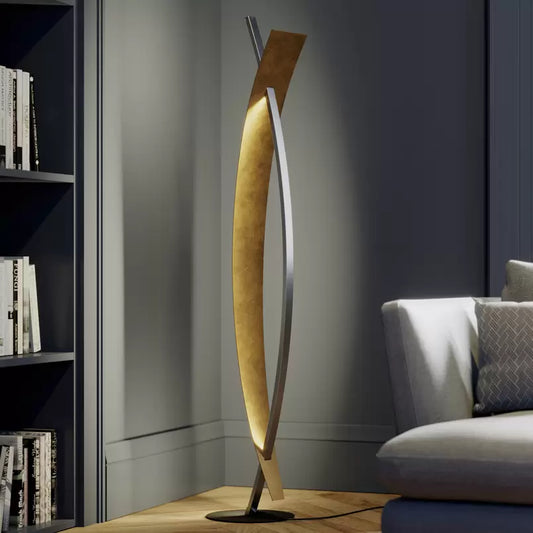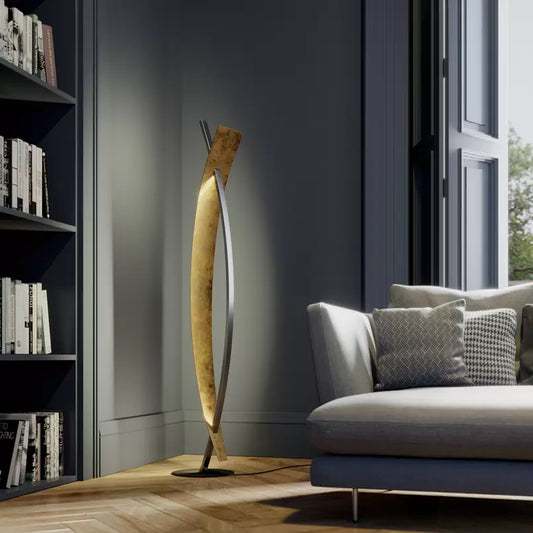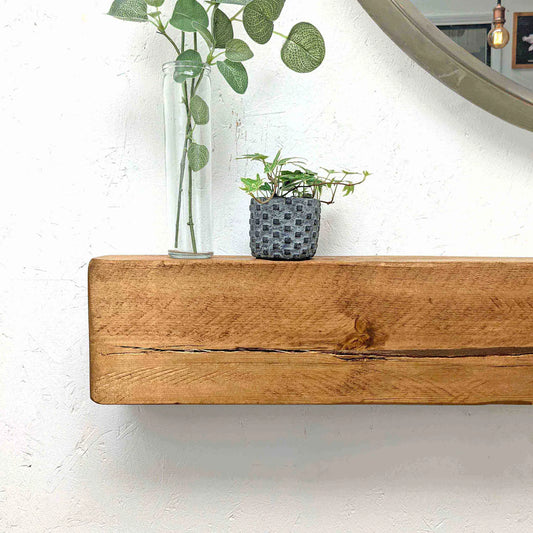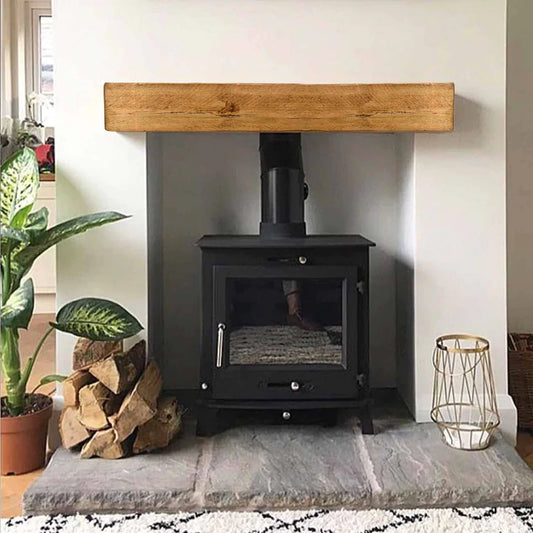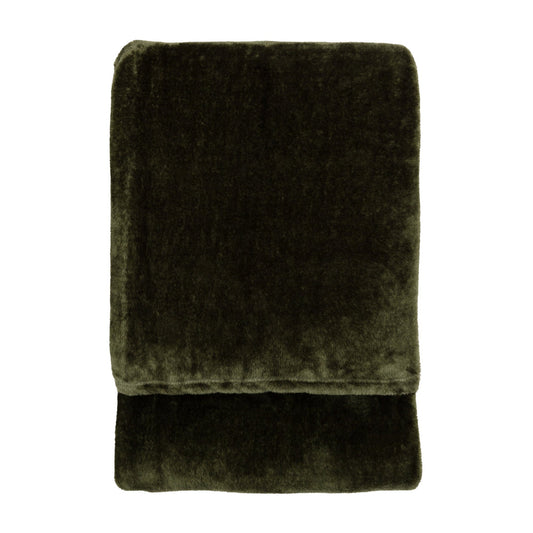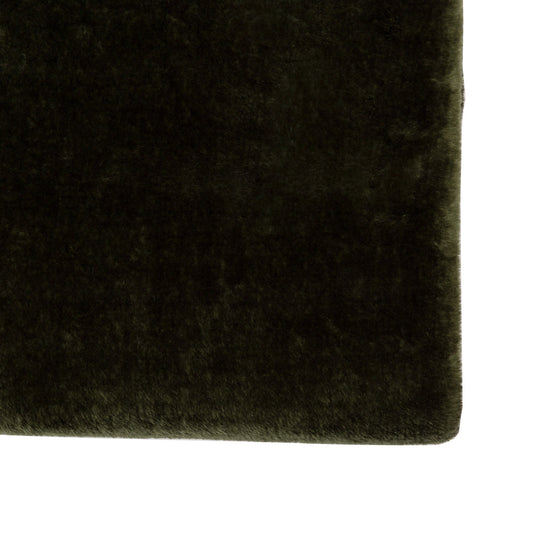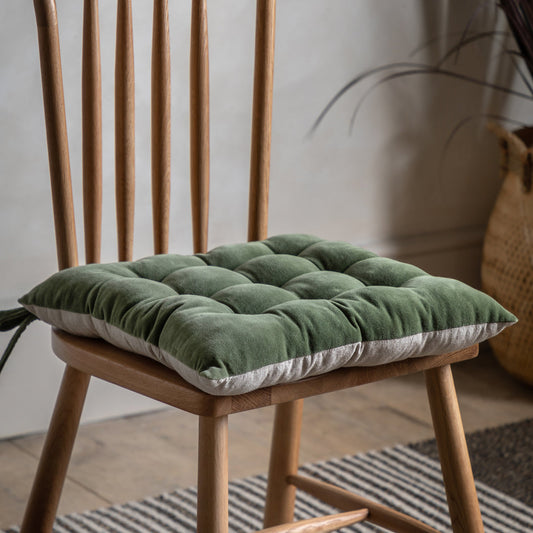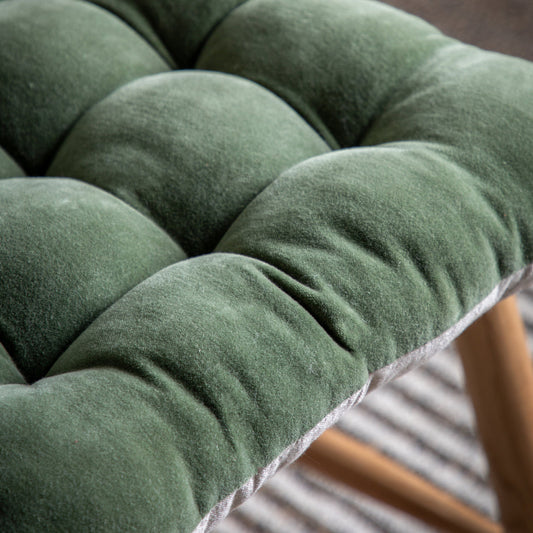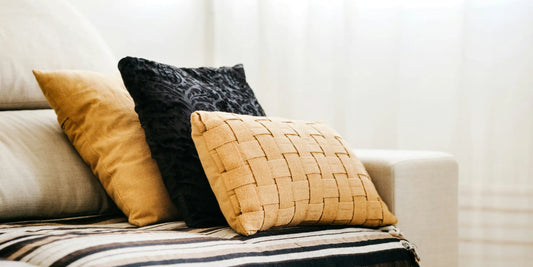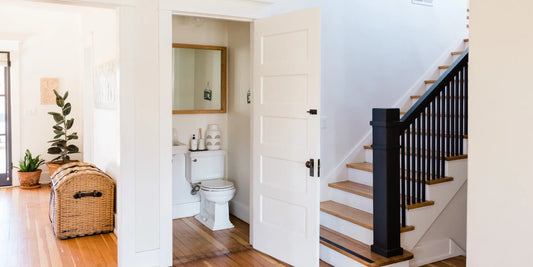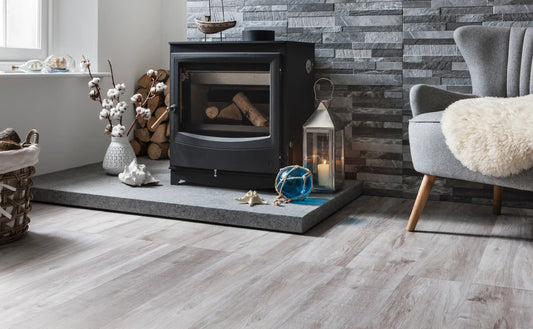Please note: This article may contain affiliate links. All recommendations and styling advice are provided as helpful suggestions only, please always research thoroughly before making any major changes to your home.
Whether you're looking to add a unique design element or make your home more energy-efficient, glass is an ideal choice for interior doors. From clear and tinted varieties to frosted and stained styles, you can find the right door glass to complement your home's interior decor.
Understand Your Design Preferences
Before you choose a glass for your interior doors, take the time to understand what type of design and look you'd like to achieve. Consider whether you'd like a transparent or opaque style, translucent or stained glass, as well as any specific finishes that could enhance the overall appearance.
If privacy is an issue, look for more opaque glass options such as frosted and etched doors. Doing your research ahead of time will ensure that you end up with the best option for your home's style.
Determine the Price Range for Glass for Interior Doors
When choosing glass for your interior door, it's important to consider the cost. Depending on the type of glass you choose, there can be a wide range of price points available. Stained and frosted panes tend to be more expensive than transparent glass versions, but they can also create greater levels of privacy and more decorative options.
Also, make sure to factor in installation costs when determining how much you'd like to spend. Taking into account all these factors should help narrow down your search for the best glass option for your interior doors.
Learn About the Types of Glass Available
There are several types of glass available for interior doors, each offering their own set of benefits. Transparent glass options give a more open and airy aesthetic, while frosted or stained panes allow for privacy and added design elements.
You can also customise your doors with etched or leaded glass for a truly unique look. Be sure to take into account the amount of light transmission you would like from the material when making your final decision.
Pros of Transparent Glass for Interior Doors
Transparent glass is a popular choice for interior doors because of its ability to let in light and air. It also allows you to view the other side of the door without actually having to open it, which can be useful in certain situations.
Additionally, transparent glass is easier to clean than frosted or leaded options and is more affordable than stained varieties.
Cons of Transparent Glass for Interior Doors
The main disadvantage of transparent glass is the lack of privacy it offers. This type of glass does not provide much in terms of insulation, so you may need to install additional materials to keep your interior temperatures consistent.
Additionally, since transparent glass allows more light into a room, this could be an issue for those who prefer darker spaces.
Pros of Frosted Glass for Interior Doors
Frosted glass offers a more opaque look and provides privacy for those inside the room. It also diffuses light, meaning that it can help reduce heat buildup in certain areas of your home.
Additionally, frosted glass comes in a variety of styles and finishes, giving you more options to choose from when designing your interior doors.
Cons of Frosted Glass for Interior Doors
The main disadvantage of frosted glass is the fact that it can be very difficult to clean. Streaks and fingerprints are more visible on this type of glass, making it less suitable for those who are a bit drophobic. Additionally, some frosted glass options may not provide adequate levels of light transmission, making them less ideal for areas that require more natural light.
Pros of Etched Glass for Interior Doors
Etched glass is a beautiful option for those looking for something truly unique. This type of glass has patterns or designs etched directly onto the surface, creating an elegant and decorative look that can add character to any space. Additionally, this style of glass offers more privacy than transparent or frosted options, making it ideal for bedrooms and bathrooms.
Cons of Etched Glass for Interior Doors
The main disadvantage of etched glass is that it can be quite expensive. Additionally, since the design is engraved directly onto the glass, cleaning and maintaining it can be a bit challenging.
Finally, this type of glass does not provide as much light transmission as other options, making it better suited for spaces that do not require bright illumination.

Consider Impact Resistant or Safety Glass Options
Impact-resistant or safety glass is an ideal choice for interior doors, as it provides both form and function. This type of glass is made to be shatter-resistant, offering a higher level of protection than regular options. Additionally, these types of glazing can also reduce outdoor noise levels and improve energy efficiency by trapping indoor warmth in the winter and blocking outdoor heat in the summer.
Think About Etched or Stained Glass Choices
To elevate your interior design and bring added privacy to any room, consider etched or stained glass for your doors. Etched glass is crafted with a sandblasting technique that produces beautiful, permanent designs on the glass surface. Stained or coloured glass can be used in multiple different styles, from classic geometric shapes to various decorative borders. Both options are an attractive choice for entry and patio doors alike.
Maintenance of Glass Doors
No matter what type of glass you choose for your interior door, it's important to keep up with regular maintenance. This can include cleaning the glass surface with a soft cloth and warm soapy water or spraying the panes with a specialised hydrophobic coating to reduce staining or fingerprints.
Regular checks of the door hardware should also be done to ensure that everything is in good condition, and any necessary repairs or replacements should be carried out as soon as possible.
Are Glass Internal Doors Safe?
Glass doors can be a safe and secure option for your home. Though transparent or transparent-frosted options may not provide as much privacy as other materials, they are still able to offer protection from unwanted intruders.
Many glass door manufacturers also make their products using safety or impact-resistant glass, increasing the level of security in your home.
Do Internal Doors Need Toughened Glass?
Toughened glass is a strong, durable type of glass that has been specially treated with heat and pressure for increased strength and safety. While it isn't necessary for all interior doors, it can be beneficial in areas that require extra protection or privacy.
For example, toughened glass may be recommended for use in bathrooms, where there is a greater risk of breakage or injury due to moist conditions.
What Thickness of Glass is Needed for Internal Doors?
The thickness of the glass for your internal door will depend on a number of factors, such as the size and weight of the door, its intended use, and any specific requirements you may have. Generally speaking, single-pane interior doors should be 6mm thick or thicker to ensure maximum strength and stability. For heavier doors or those that require extra privacy, thicker panes may be necessary. Speak to a glass technician for more detailed advice on the best thickness for your door.
When it comes to choosing the right glass for your interior doors, there are many factors to consider. Whether you opt for etched or stained glass designs, impact-resistant safety glasses, or toughened options with extra thickness and protection, each of these materials can add a unique aesthetic touch to any room in your home while also providing added security and privacy.
For best results, make sure that you maintain all of your glass door hardware regularly as well as clean the panes properly so that they last longer and look beautiful year round.
With the right type of glass installed in your internal doorways, you'll be able to enjoy both form and function in one stylish package!
You may also enjoy reading 5 Top Tips for Boosting Natural Light in Your Home
Pin This for Later
